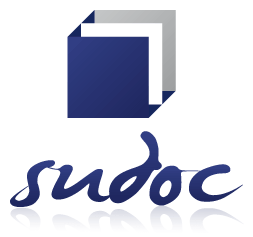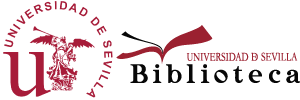Filosofía, lenguaje y realidad: la querella de los universales y sus implicaciones onto-gnoseológicas
Philosophy, Language and Reality: The Quarrel of Universals and its Onto-Gnoseological Implications
Abstract
The objects that populate the world are external to the human mind, as well as individual and particular. Concepts, on the other hand, are the result of conceiving something mentally, detached from the immediacy of sensible impressions and, therefore, from particular representations. By means of the concept, then, we arrive at a universal significance which is formulated by means of a word and constitutes that which we refer to and can apply to a multitude of individuals indistinctly. The concept is an intellectual representation of a universal or general object that is obtained through abstraction and, for this very reason, is abstract and not concrete. This paper focuses on how the Middle Ages dealt with the problem of universals, as well as the most important arguments of the debate. Thus, after pointing out the early ancient antecedents of the universals polemic, I will give a brief overview of the medieval era as a conflictual context and, finally, I will analyse the main positions: the realist position, with its twofold extreme, with Platonic roots, and moderate, influenced by the Aristotelian conception of substance), and the nominalist position, articulated theoretically by William of Occam and put into scientific practice by thinkers who mark the transition from medieval philosophy of nature to Renaissance physical-mathematical philosophy.































